The Talon staff sat down with Jeff Dimick, the Chief Operations Officer (COO) of Oklahoma Christian University, to discuss what brought him to the university and where he would like to see it go in the future.
Q. What made you want to serve Oklahoma Christian as COO?
“When I was in Los Angeles, I was actually on the board of trustees here at OC. I spent about 27 years in Los Angeles, working for Hughes Aircraft and Boeing in the aerospace industry. I was back here on campus for a meeting, and every time I went back to Los Angeles, they would say, ‘Where were you?’ And I’d say, ‘I was back at OC for a board meeting.’ They’d say, ‘You come back changed every time.’ There was something about OC, that when I went back to Los Angeles, people just saw a difference. There’s something about this place. It’s where I did my undergrad. When I was here in November of 1991, I was in Michael Mitchell’s office. I decided at that point, with or without a job, I was moving back to Oklahoma. I ended up going to West Virginia and then came here. I’m good friends with John deSteiguer. It’s a good way to give back to the school where I did my undergrad.”
Q. Describe your day to day role at Oklahoma Christian.
“Every day is different. I usually get up and work out in the mornings. I’m usually in the gym about 5:45 a.m. I try to get in to work a little bit after seven and have several meetings and things. As far as operations go, it’s athletics, student life, spiritual life and things like that report through me. I deal with meetings for things like that.”
Q. What is your favorite part about working at OC?
“The people. The students. I feel like I’ve been given a lot of great opportunities in life, just with my job in Los Angeles and working at another institution. I want to be a catalyst to help you guys exceed even where I’ve been able to do things. I want you to be able to catapult beyond what I’ve been able to do. I want to try to help allow that to happen.”
Q. How did your work at Boeing help prepare you for the Oklahoma Christian job?
“There were a couple of things. At Boeing, I was an astrodynamicist for 12 years, so I’ve launched satellites. I was a rocket scientist. For the last 15 years, I was a program manager for ground systems, so I was a program manager for the GPS ground system that controls all the GPS satellites. It was about an $850 million project for the U.S. Air Force. In that time, I ran an integrated product team, and it included people from all different disciplines, and trying to get all those different people working together was really important. That was the only way that we could succeed. Any time we had a project, I said, ‘It’s not just the engineers that are getting it down, but it’s the business office, the legal, the subcontracts, the configuration management, the quality. We, all together, are doing it.’ Collectively, we launched satellites and got them done. That aspect of it, working together as a team and respecting all the different disciplines, is really important.
Also in Los Angeles, I started and ran a video post-production company. In Los Angeles, everyone is in the entertainment industry as well as in some other professions. I thought, ‘Well, I’m in the aerospace industry, I need to think about being in the entertainment industry.’ So I helped a friend start and run a video post-production company. We edited TV shows. Have you ever seen ‘Pimp My Ride’? I owned the company that edited that show. [I’m] the only rocket scientist that worked on ‘Pimp My Ride.’ The creativity we did in the entertainment industry; I would try to apply at Boeing in the aerospace industry. The discipline from the aerospace industry, I would try to take there. I think I can take both of those things—the creativity and the discipline—and try to bring that here to OC.”
Q. What did you learn working in previous industries that helped you succeed at Oklahoma Christian?
“I think part of it is just respecting the input from everyone and seeing the value that everyone can bring was one of the things. And my education, I think – I was a math/computer science major, and running a business and the discipline of that succeeding and figuring out the failures I made and learning from those all contribute here.”
Q. What was the most eye-opening experience you lived through during your time in Los Angeles?
“I was in Los Angeles when the Rodney King verdict [occurred]. In 1991, Rodney King was a black man who was beat by four police officers. He wasn’t charged, but the four police officers were charged and went on trial. It was in April of 1992 when they were acquitted. I was in a meeting on the 12th floor of a building at Hughes, and when I walked out of that meeting, I looked out over the city, and it was going up in flames. It was like a warzone. I had never seen anything like that. What we didn’t know, those of us in the meeting, was that they had evacuated all of Hughes. They told everyone to go home. Pretty much all of Los Angeles was told to go home, and the building I walked out of was empty. We walked out and see our city going up in flames. It was pretty eye-opening. It took me about two hours to get home, about 12 miles. I lived up near UCLA, and then the National Guard was called in. I just remember that whole event was really eye-opening. It was like our city was being burned down. The church that I went to was a very integrated church, and a lot of my friends were minorities. I remember going on a Wednesday night, and it was like, ‘What’s happening?’ Through that, I learned a lot about myself and other people and how to understand where other people are coming from.”
Q. How did being in LA during the riots affect your outlook on society?
“One of the most compelling events was that Wednesday night. I went to church and was talking with my friends, and I really sought out my African-American friends and said, ‘OK, tell me what’s going on. What is happening?’ I remember a good friend said, ‘Well, you’re here because you chose to come; I’m not here because I chose to be here.’ And I said, ‘You were born right down the road, what does that mean?’ And he said, ‘Your ancestors came because they wanted to come to America to make a better place or for freedom or for whatever. My ancestors didn’t.’ At that point, I looked at him, and I just said, ‘I’m sorry.’ I had no idea how deep he was carrying that with him and how it affected him. It changed my whole perspective on race relations and things. I don’t understand, but I can listen. I can say ‘I’m sorry.’”
Q. What role did you play in bringing OC’s 18 to campus recently, and why do you think public events like that one are important for Oklahoma Christian?
“I feel like events like that are incredibly important. I didn’t really play any role in that. I would love to say that I was influential in that, but that had been going on before I came. The records had been sealed for 25 years, and they were resealed for another 25 years. They were just reopened, so when I came in July, I had heard that they were reopened. They started going through those files. That really was the president and Risa and others influencing that. They get the credit for bringing the 18 back. I was very supportive of it. I loved meeting some of the folks that I was able to meet and talk with them. I really played a secondary role, just being a support to them and saying that I think this is the right thing to do. I’m really proud of the institution for apologizing. That’s very rare that you’ll see something like that happen, at least in my experience.”
Q. What are some of your goals for Oklahoma Christian’s future?
“I’d love to see us more diverse. I’d love to see a more diverse campus. I’d love to see us have more international students and international diversity, to have more thoughts and voices of different ideas. I think that’s really important. I love what’s happening with Complex Dialogues. To see some of that happen on a more regular basis—maybe it’s not just February, maybe it’s March and April—and maybe more student-led conversations. Diversity is pretty important. I would be very pleased if that is was OC is known for. I think we’re getting a reputation for allowing some of those conversations to happen here. I’m not sure they can happen almost anywhere else in Oklahoma. Maybe they can, but I think we’re uniquely qualified and situated for that.”

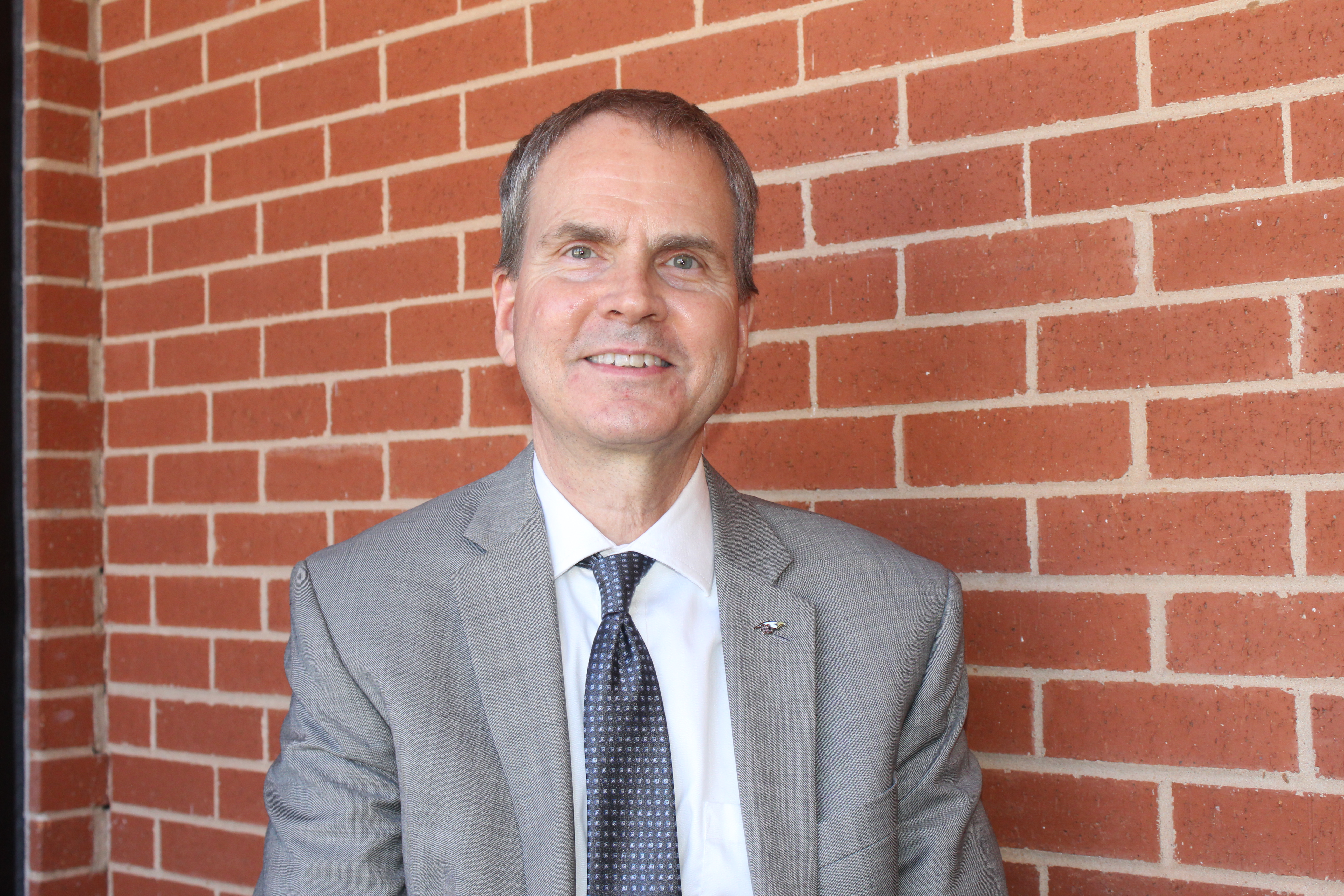









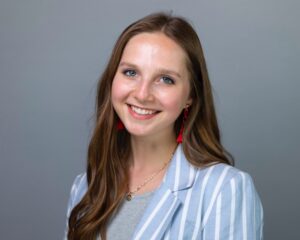
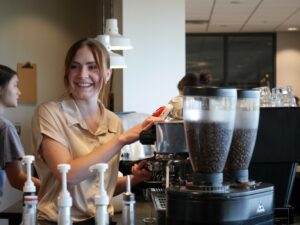
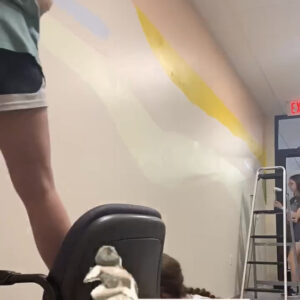
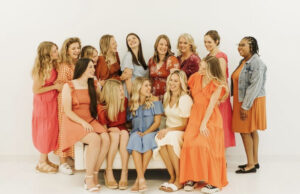

Be First to Comment